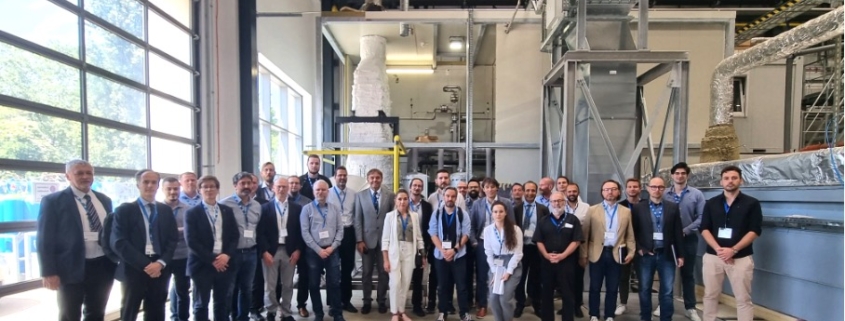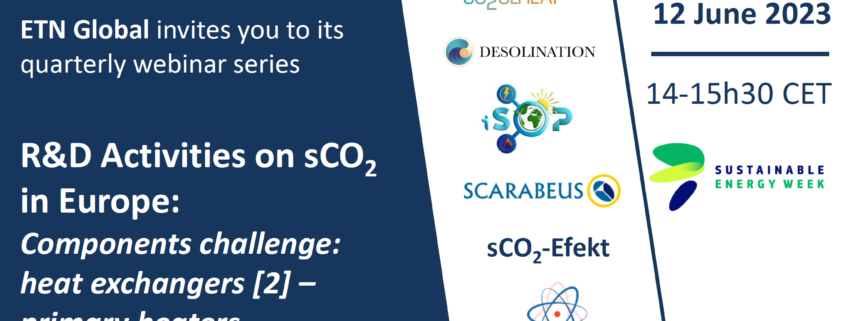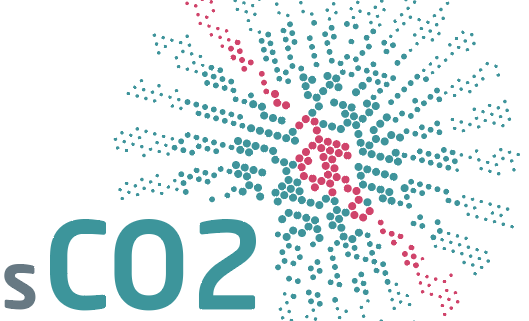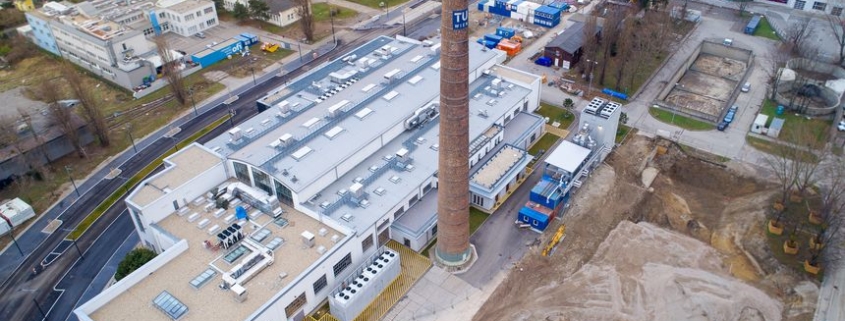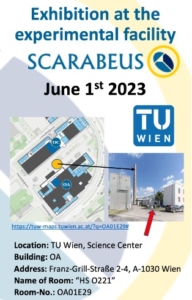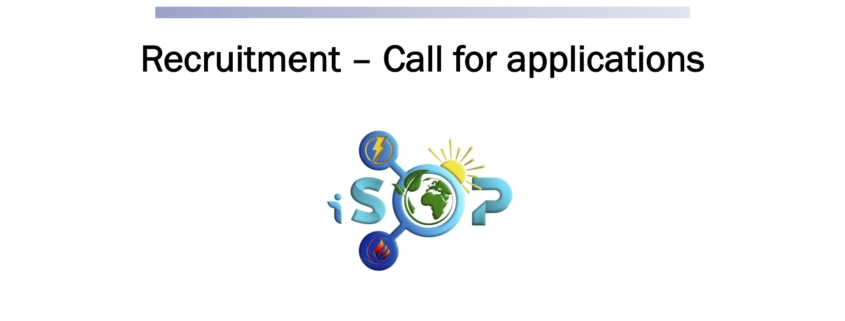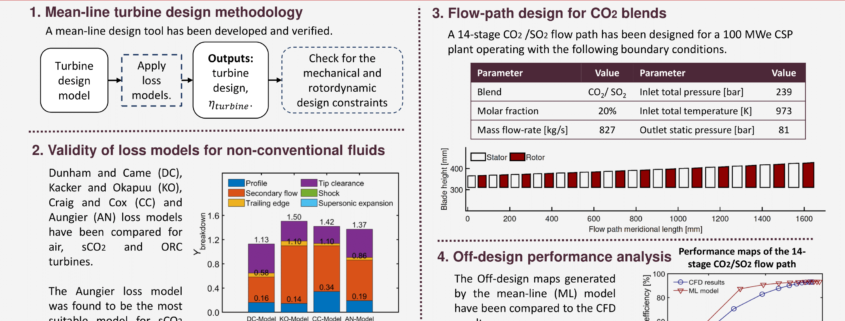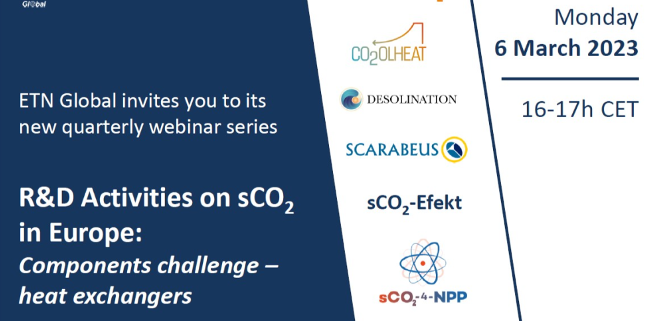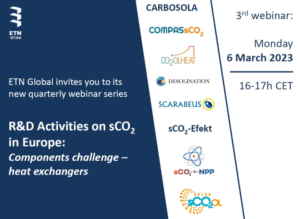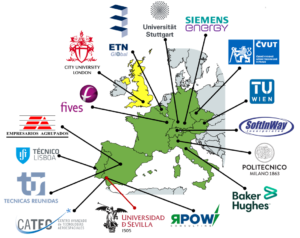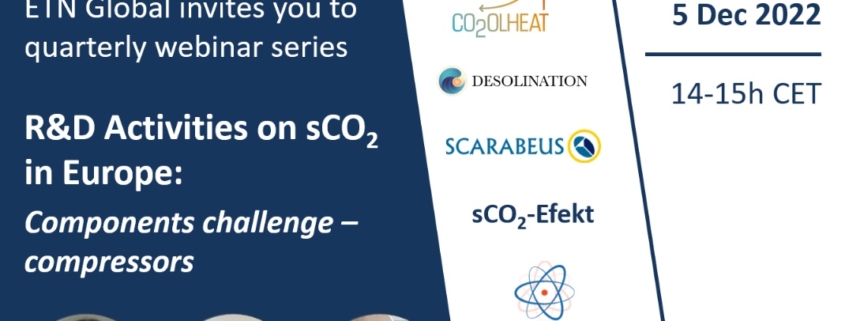Workshop at test rig – Technical University of Viena
Following the Dissemination and Communication Plan of the SCARABEUS project, an open Workshop was organised at the Technical University of Vienna, home to the SCARABEUS test rig where the concept proposed in the project will be tested.
The meeting was held at the very nice facilities of TUW’s Science Centre in Franz-Grill-Straße 2-4, A-1030 Wien. The SCARABEUS team at TU Wien set up a very exciting agenda:
- 00 – 10.15: Welcome, Prof. Markus Haider (TU Wien)
- 15 – 11.15: The SCARABEUS project – experimental activities
- 15 – 10.45: Overview of the SCARABEUS project
Prof. Giampaolo Manzolini (Politecnico di Milano)
- 45 – 11.15: The SCARABEUS test rig at TU Wien
Viktoria Illyes, Technical University of Viena
- 30 – 12.30: Tour to TUW’s lab and SCARABEUS rig
- 30 – 14.30: Supercritical CO2 power cycles: components, perspectives and experiments
- 30 – 13.50: Supercritical CO2 power from Baker-Hughes’s perspective
Marco Fiori, Baker Hughes
- 50 – 14.10: Future outlook and challenges for implementing sCO2 power cycles
Prof. David Sánchez, University of Seville
- 10 – 14.30: Supercritical CO2 as a working medium -characteristics
Prof. Rene Pecnik, Delft University of Technology
- 00 – 16.00: Supercritical CO2 power cycles: components and mixtures
- 00 – 15.30: Turbomachinery from the standpoint of research
Prof. Teemu Turunen-Saaresti, Lappeenranta University of Technology
- 30 – 16.00: Blends for sCO2 in power cycles
Prof. Andreas Jäger, Technical University of Dresden
- 00 – 16.30: Supercritical CO2 test rigs: worldwide and in Europe
Dr. Otakart Frybort, Centrum Výzkumu Řež
The event was very well attended, and the presentations provided a very broad, informative and scientifically-rigorous overview of the current status of Supercritical Carbon Dioxide power cycles, in particular the benefits and challenges of using mixtures in certain applications. Lively discussions were also triggered during the sessions and in the numerous networking opportunities enabled by the programme. The speakers are certainly acknowledged for their effort in adapting their talks to a broad audience whilst still retaining a large amount of useful technical information.
Congratulations SCARABEUS team at TUW on such a well-crafted event, and thanks a lot for the very hard work put on this!
Presentations of the event are available upon request. If you are interested, send an email to the Dissemination Coordinator of SC

